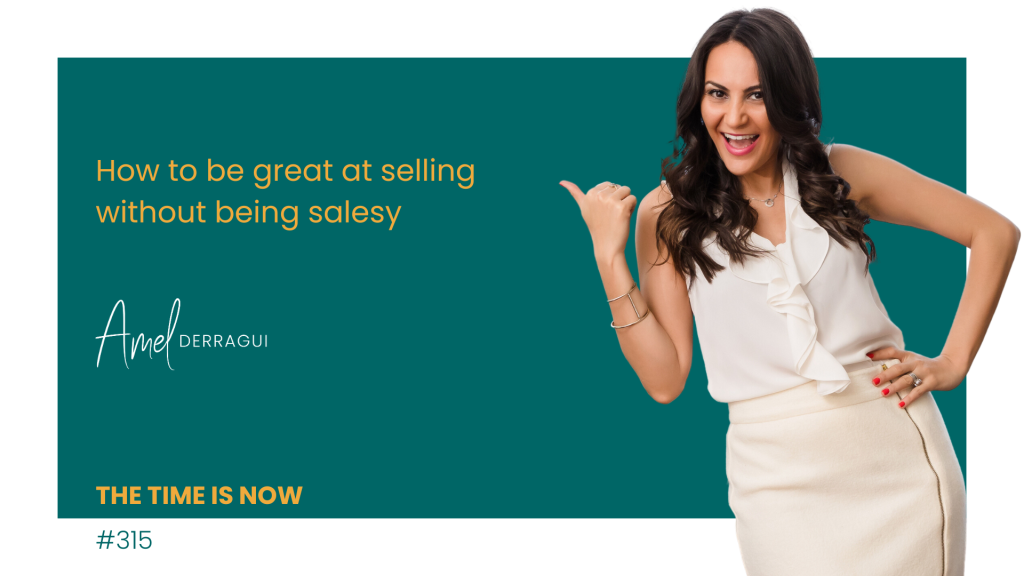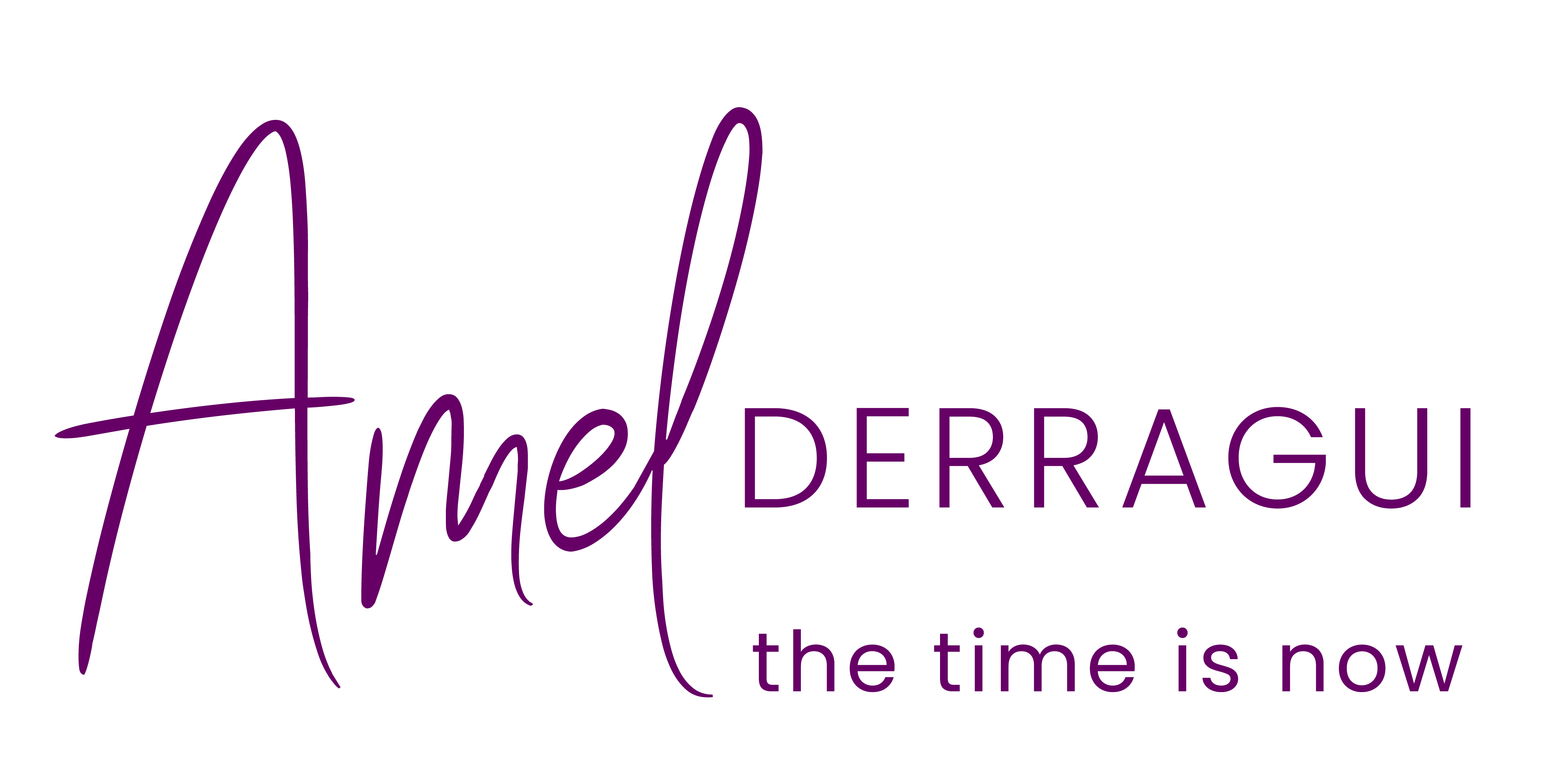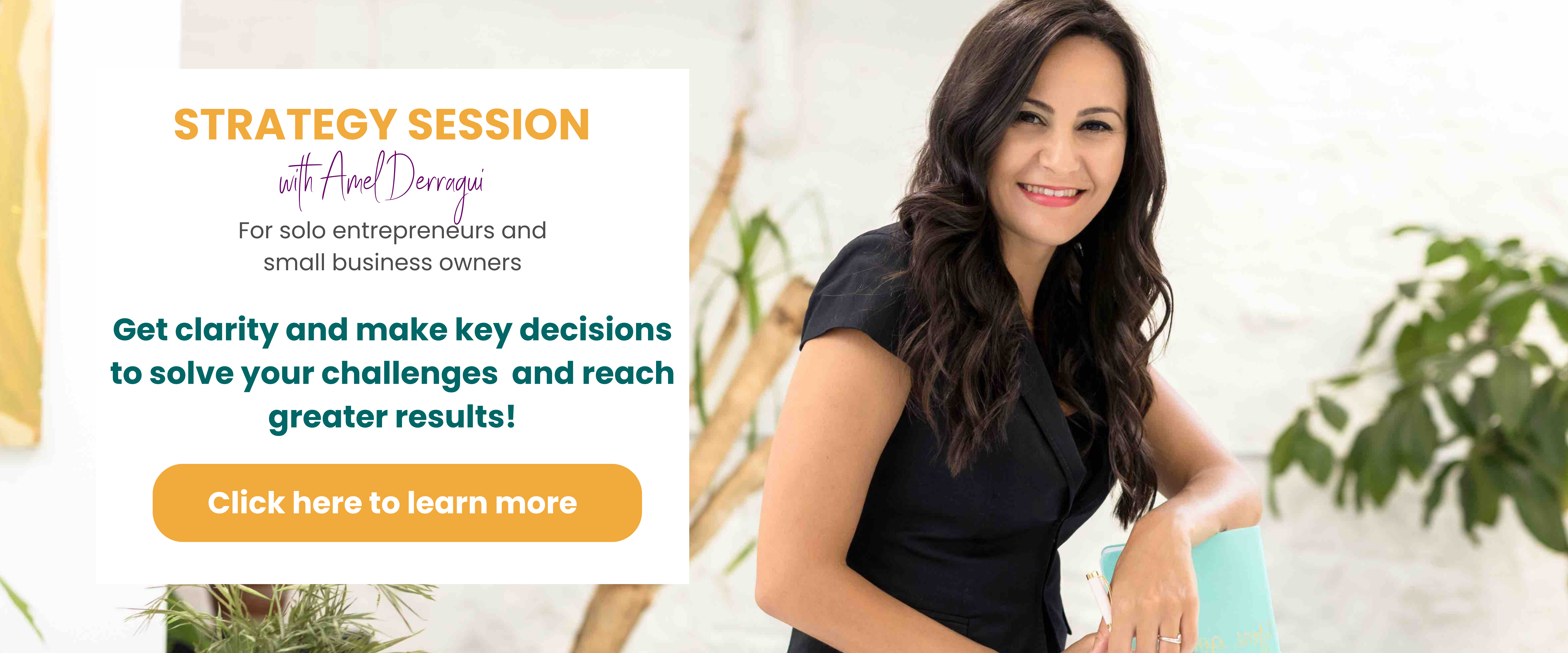How to be great at selling without being salesy

Written Summary Of This Episode:
- Click here to find the blog article (Find full transcript below)
Resources Of This Episode:
- Interested in my support to improve your sales skills? Schedule a strategy session here.
Becoming good at selling requires understanding the psychology of selling and the “sales cycle”, but also the process to help your clients know if your offer is the right solution for them.
Selling is about listening and asking the right questions.
In this episode I will share with you the 3-step process to be great at selling during a sales call or a sales meeting, without being pushy.
What you will learn:
- The 3 steps to lead to a sale without being pushy
- The “coaching the sell” principal to be great at selling
- The questions to ask to help your clients make the right decision for them
Other resources and inspiration:
- Listen to episode: How to strategically design your offers to sell your services with ease
Enjoyed this episode? Please leave a review
Please leave a review or a comment to help me reach more people who need to hear this. Choose your favorite podcast app:
Transcript
to start making that first step to appreciating what selling is truly, and here's how I look at selling.
::[:[:[:[:[:[:decided to go to the United States and go on a crazy adventure to sell unto Edia door to door, and that was one of the most life-changing experiences.
[:[:[:[:[:[:[:[:[:[:[:[:[:[:[:[:[:[:[:[:they have? Don't be afraid to ask that question so that at least the money objection does not come into place.
[:[:[:[:[:[:[:[:[:[:[:[:[:[:[:[:[:[:[:[:[:[:
